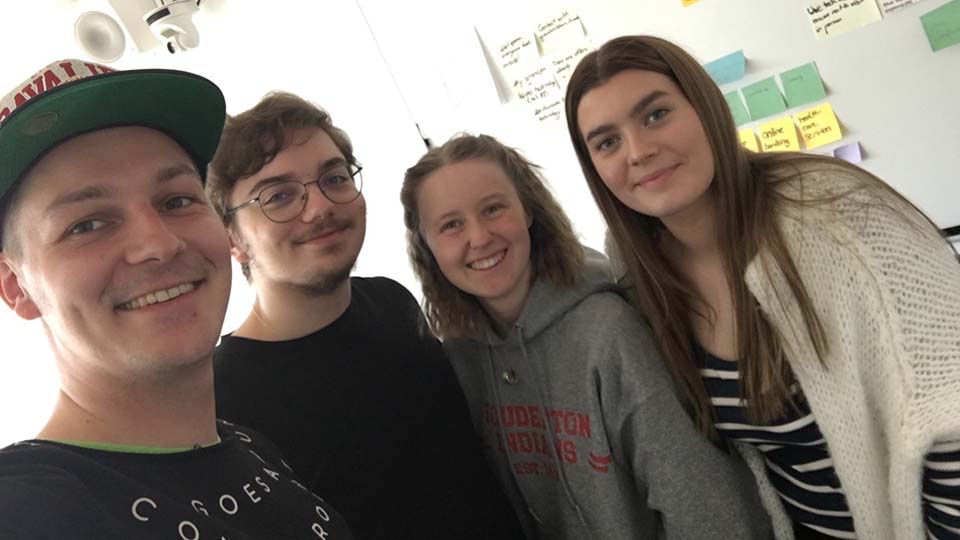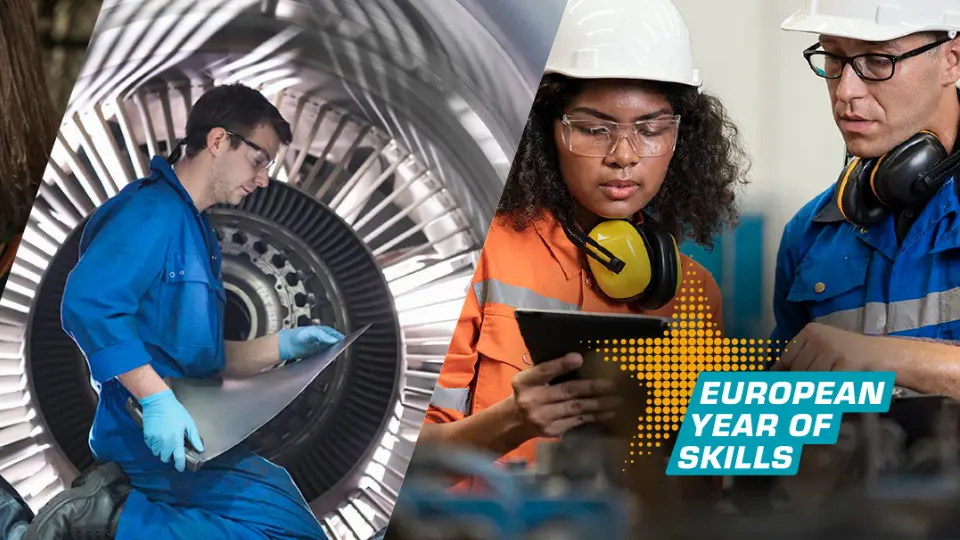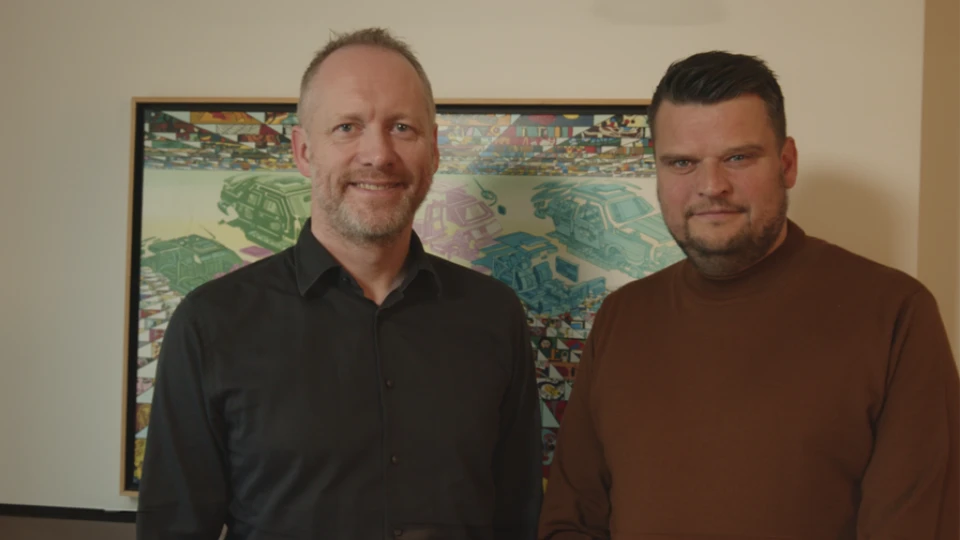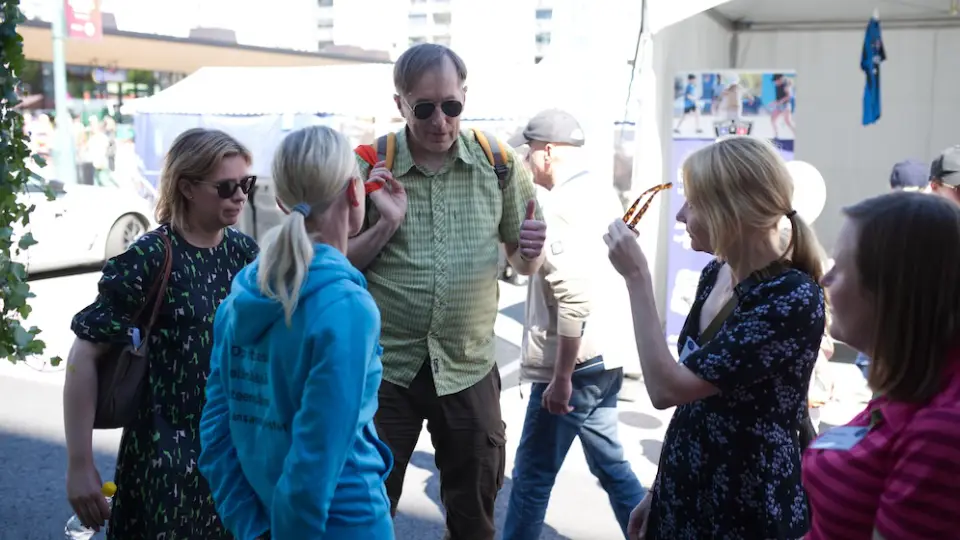Online learning combined with hackathon in one place
BIP means online learning across different universities and a face-to-face week in a hosting country. The week is spent collaborating through a hackathon. A hackathon is a challenge-based approach to design thinking. Multiprofessional teams develop new and innovate solutions to current challenges in working life or in society. The challenge is defined together with a partner and the NVL Digital Inclusion network has been a partner in Digital Competence BIP at Diak for two years now.
Partners from several countries
Diaconia University of Applied Sciences has invited partner universities from Germany, Austria and Norway. Hence teachers and students from four different countries work together for this Digital Competence BIP. NVL Digital Network brings in more countries such as Denmark with the NVL research project.
In addition to working with the challenge, students and teachers participate in a social program with a mixture of social activities, including a visit to the Oodi library and a field trip to the start-up company Rehaboo. The mix of working in a hackathons and social activities is important to build and show the importance of social trust when working together, and visiting a start-up also connects the students with the world outside the school. While the hackathons are mostly about developing new ways of understanding complex challenges, there is always the possibility that some solutions are viable enough to convert to practice.
Innovative solutions
The hackathon process starts with team building in international student groups. Once the groups are formed and have gotten to know each other the process continues with the following steps:
- Challenges
- Empathy-Phase
- Definition-Phase
- Ideate-Phase
- Prototyping-Phase
- Testing-Phase
- Preparing a pitch
At the end of the week, the results are shared with all groups pitching their respective solution. The best solutions are then awarded through a jury deliberation. In the digital inclusion challenge of 2023 the winning team was called The TechNo.1 Club. The team created a model for connecting different generations through and around technology. The solution for senior citizens who feel they are falling behind in modern technology was that they would get in touch with a younger generation in special clubs. Senior citizens can learn tech skills from young people. The young ones also have a lot to learn from the experiences of senior citizens.
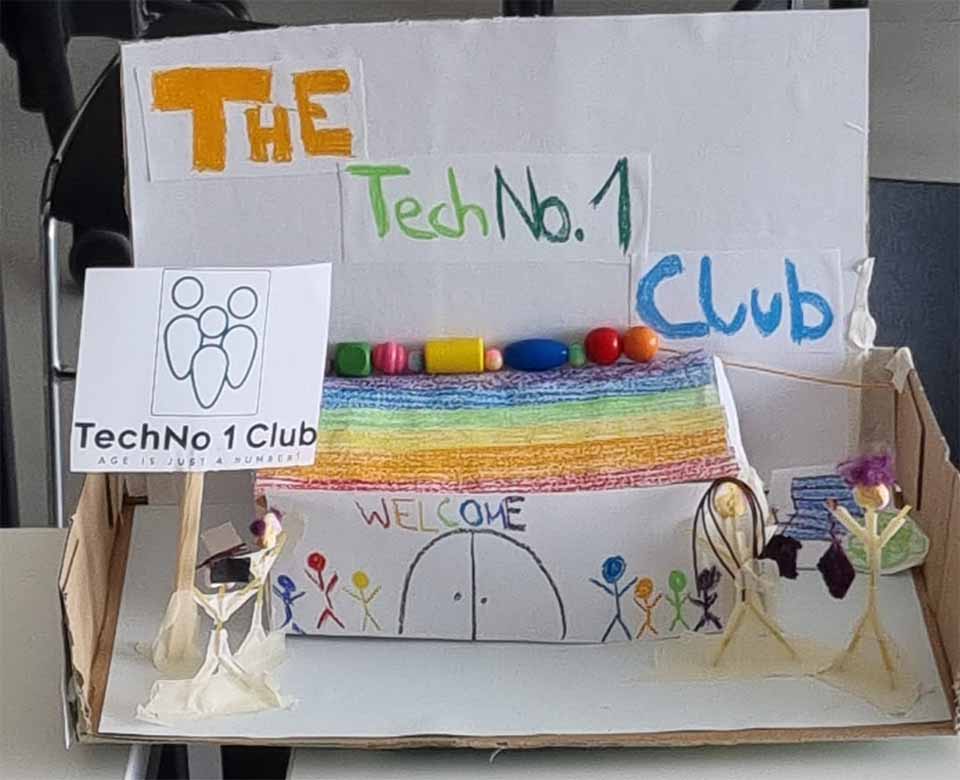
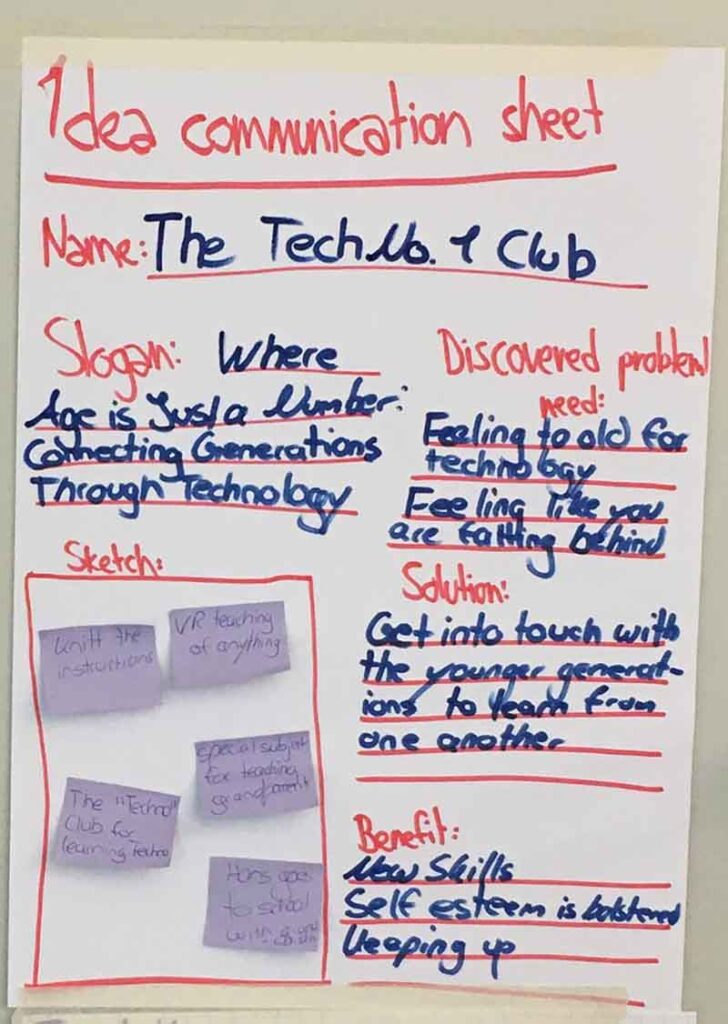
The NVL Digital Inclusion network provided student teams with knowledge and understanding about senior citizens’ challenges in a rapidly digitalized society and when facing digital services. Network members have also provided feedback helping the student teams to better define their problems to be addressed and how to avoid repeating already existing solutions.
In the future the hackathon method could and should be seen as a creative and useful approach to many challenges around adult learning in the Nordic countries. It is a hands-on and empowering process for those involved, it builds learning, understanding and fosters group-based processes. Let us therefore hope we will see more reports about NVL-supported hackathons and the innovative solutions they have created. Maybe, just maybe some of these new ideas will also find their way into new business models and even a new start-up company founded by the participants of these hackathons.
